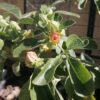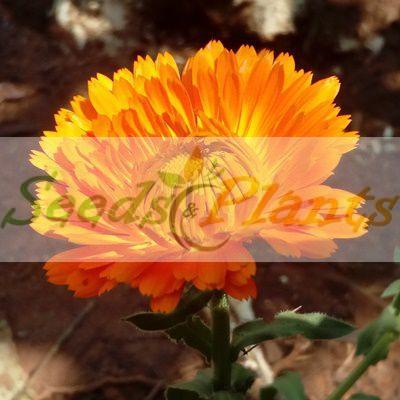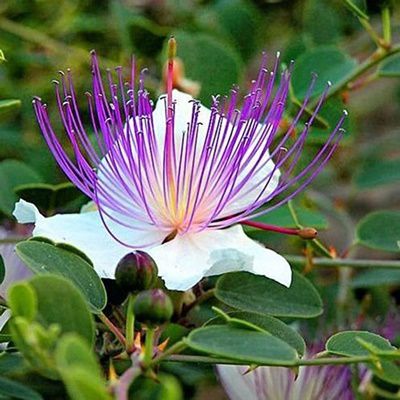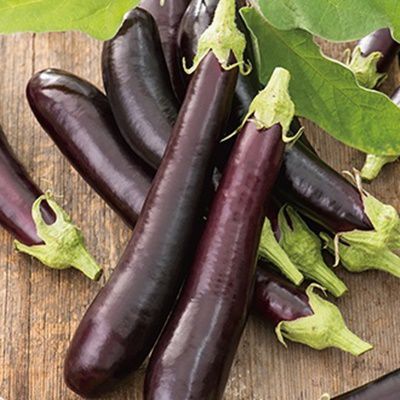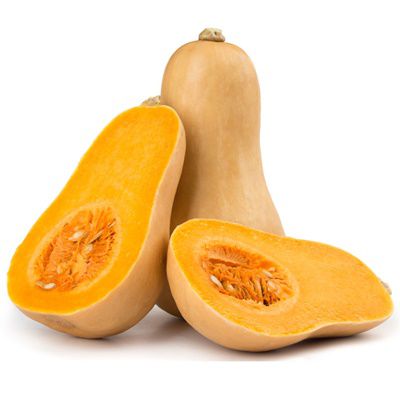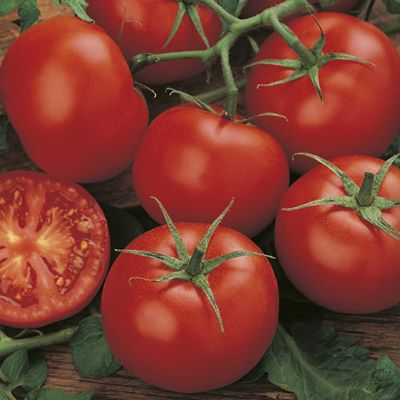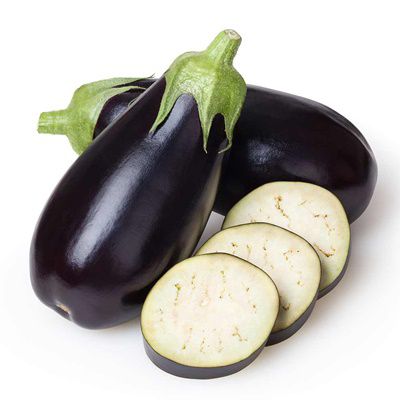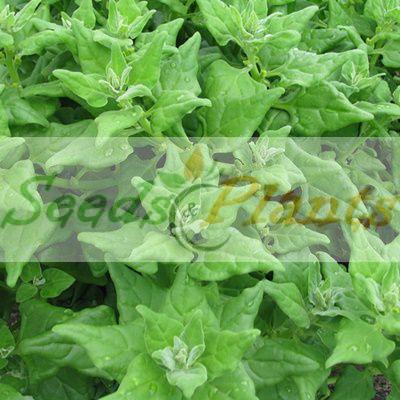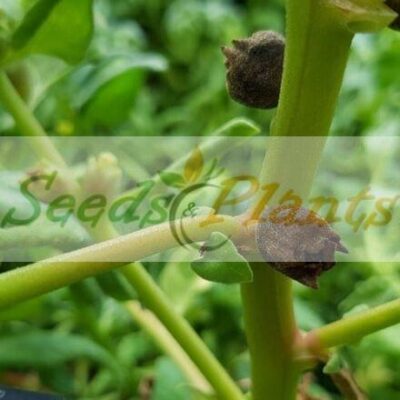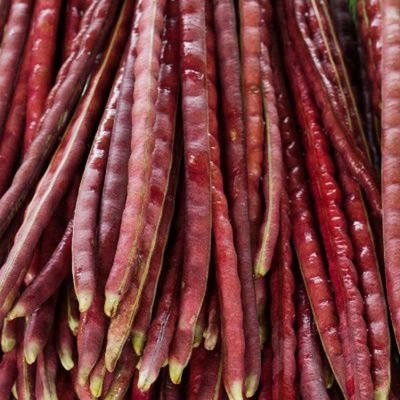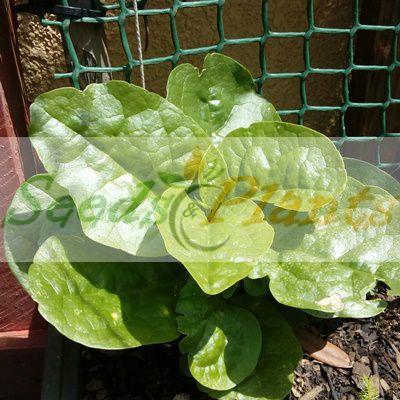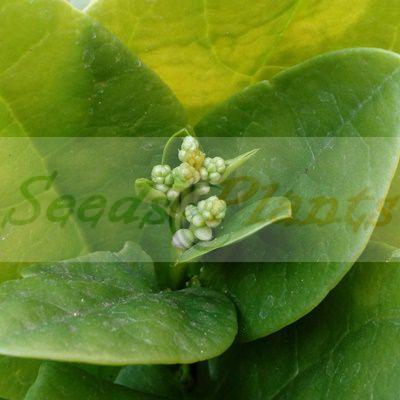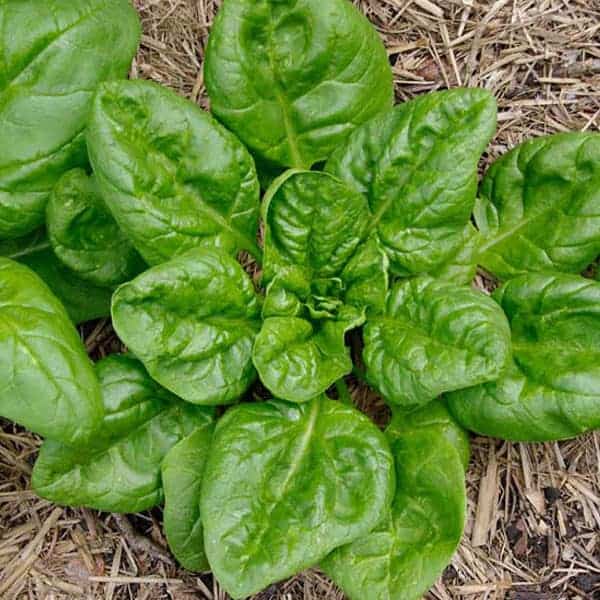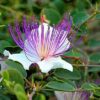🍃 Culinary Quick Facts
Culinary Info
- 🌍 Origin / Region: Arabian Peninsula, Mediterranean, Middle East, North Africa
- 🍽️ Culinary Use: Garnish, Marinades/Dressings, Pickling, Salads, Sauces
- 🥗 Edible Part: Berry, Buds, Leaf, shoot tips
- 😋 Flavor Profile: Salty, Tangy
Growth Traits
- 🌱 Life Cycle: Perennial
- 🌾 Plant Type: Shrub
- 🔁 Fruiting Needs: Needs Only 1 Plant
- 🦋 Pollinator Method: Attracts Bees, Attracts Hawkmoths, Self-pollinating
- 🪴 Growth Habit: Scrambling, Spiny, Sprawling, Spreading
- 🌸 Flower Color: White
Growing Requirements
- 🌞 Sun Exposure: Full Sun
- 💧 Water Needs: Avoid Overwatering, Low Water
- ☀️ Growing Conditions: Cold Tolerant, Drought Tolerant, Frost Tolerant, Heat Tolerant
- 🟤 Soil Preference: Dry, Gravel, Loam, Rocky, Sandy, Well-Drained
Caper Bush – 5 Seeds
(Capparis spinosa)
R30.00
Caper’s edible shoots are considered a vegetable, and its processed buds are considered a culinary herb.
Common Names: Caper Bush and Flinders rose.
Indoor Sowing: Not Recommended
Direct Sowing: Cold Stratification then direct sow OR direct sow in Late Autumn.
In stock
🍃 Culinary Quick Facts
Culinary Info
- 🌍 Origin / Region: Arabian Peninsula, Mediterranean, Middle East, North Africa
- 🍽️ Culinary Use: Garnish, Marinades/Dressings, Pickling, Salads, Sauces
- 🥗 Edible Part: Berry, Buds, Leaf, shoot tips
- 😋 Flavor Profile: Salty, Tangy
Growth Traits
- 🌱 Life Cycle: Perennial
- 🌾 Plant Type: Shrub
- 🔁 Fruiting Needs: Needs Only 1 Plant
- 🦋 Pollinator Method: Attracts Bees, Attracts Hawkmoths, Self-pollinating
- 🪴 Growth Habit: Scrambling, Spiny, Sprawling, Spreading
- 🌸 Flower Color: White
Growing Requirements
- 🌞 Sun Exposure: Full Sun
- 💧 Water Needs: Avoid Overwatering, Low Water
- ☀️ Growing Conditions: Cold Tolerant, Drought Tolerant, Frost Tolerant, Heat Tolerant
- 🟤 Soil Preference: Dry, Gravel, Loam, Rocky, Sandy, Well-Drained
Capparis spinosa, the caper bush, also called Flinders rose, is a perennial plant that bears rounded, fleshy leaves and large white to pinkish-white flowers. The caper bush is a small, salt-tolerant shrub with trailing, thorny branches and thick, fleshy leaves. Caper has a deep root system and trailing vines that grow seven to 10 feet tall. Caper is a deciduous, dicotyledonous plant that produces distinctive flower buds, which have a life span of 24 to 36 hours after opening.
Caper Bush Culinary Uses
Caper’s edible shoots are considered a vegetable, and its processed buds are considered a culinary herb. The plant is best known for the edible flower buds (capers), often used as a seasoning, and the fruit (caper berries), both of which are usually consumed pickled. Caper leaves, which are hard to find outside of Greece or Cyprus, are used particularly in salads and fish dishes. They are pickled or boiled and preserved in jars with brine—like caper buds. Dried caper leaves are also used as a substitute for rennet in the manufacturing of high-quality cheese.
Growing Caper Bush
Indoor Sowing: Not Recommended
Direct Sowing: Cold Stratification and then direct sow OR direct sow seeds in Late Autumn.
- The plant requires a semi-arid or arid climate.
- Because the plant has a very sensitive root system and responds badly to transplanting, it is advisable to plant the seeds directly into its permanent location in a container or in the garden, where you want the caper bush to grow.
- Soak seeds in water for 24 hours.
- The Seeds require cold stratification to germinate.
- Remove seeds from water, wrap in a moist towel, place in a plastic bag, and refrigerate for 2 to 3 months.
- Remove from the refrigerator and soak in water again for 24 hours.
- Plant the seeds 0.5 cm deep, water well and keep in a warm place in part or full sun, with temperature of at least 21°C.
- Germination is very erratic. Keep soil moist during the germination period, which should start within 1 month, but can take as long as three months or much longer.
- Alternatively you can soak the seeds for 24 hours and then direct sow in Late Autumn for the seeds to germinate the following spring or summer.
Can this plant be used for culinary purposes?
Caper Bush is traditionally used for culinary purposes such as garnish and marinades/dressings.
Disclaimer
Medicinal Information:
All medicinal information on this website is for educational and informational purposes only and may not be construed as medical advice. The information is not intended to replace medical advice or treatment offered by healthcare professionals.
Seeds, Plants, Plant Cuttings, Geophytes and Dried Herbs:
In some countries and provinces, certain plants are deemed as invasive and are not allowed to be planted at all, whilst some plants are allowed to be grown only in certain areas or provinces. The onus is on you as the buyer to familiarize yourself with the regulations pertaining to your location, before purchasing any of our seeds, plants, plant cuttings, geophytes or dried herbs. We will not be held liable, should you purchase any seeds, plants, plant cuttings, geophytes or dried herbs. from us which are prohibited in your country or province.

